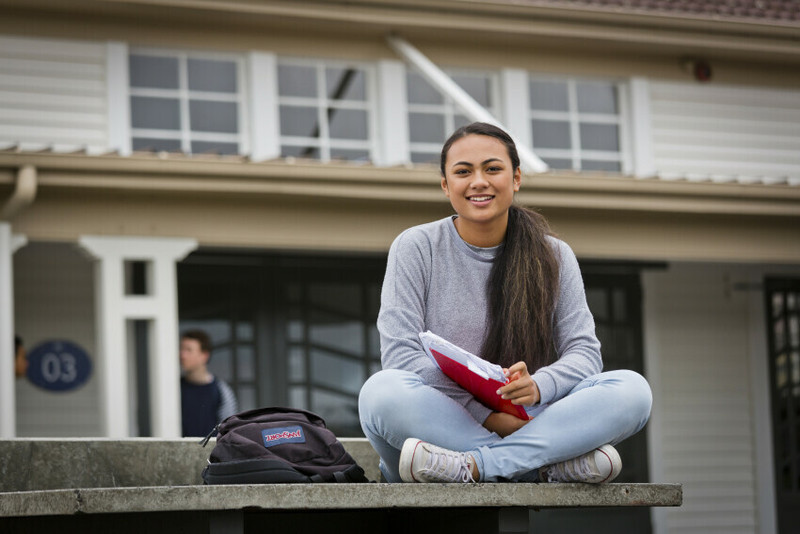I'm a teacher/member of staff
After 48 hours, students can begin the Gradual Return to Learn process. Ideally you will work with their parents to manage this process and school workload and any assessments or commitments. Students should see a doctor before returning to sport. Be aware of mental health during recovery, it is normal for students to find this recovery hard. Students should be encouraged to talk to their parents/coaches/friends and ask for help if you need it. If you have any issues or concerns around a student’s mental health, contact a medical professional, medical health provider, physiotherapist, or your school’s concussion officer (if you have one) to seek appropriate support.
Persistent Symptoms or Concerns
It is recommended the school follow up with parents to suggest that their GP refers the student to the Concussion Service in the following cases:
• The student’s challenges or symptoms are getting worse at any time, OR
• If the student has been absent from school due to the concussion for more than one week, OR
• The student still has ongoing symptoms for more than four weeks.
Gradual Return to Learn and Activity Process
This is a recommended 6 stage process for the student’s gradual return to learn and activity.
| Return to mental activity | Return to physical activity and training |
Stage 1 First 2 days Relative Rest | Avoid any activities that provoke symptoms. Rest from thinking tasks and screens, Relative physical rest (light activities around the house) | Relative rest from – light activities of daily living around the house that do not provoke symptoms are OK. Gentle exercise, that is walking around the house. |
Stage 2 Things that do not give you symptoms* | No symptoms with things that you would do at home. | |
Minimum of 24 hours between stages before progressing. Gradually introduce more daily activities. Activities away from school/work: e.g. reading, texting, screen time or watching TV, as long as they do not increase symptoms (e.g. headaches, dizziness, fatigue). Start with 5 minutes at a time. | Light physical activity, e.g. short walks outside. Start with 5-15 minutes at a time and gradually build up. | |
Stage 3 School/Work activities at home* | No symptoms with study/work. Symptoms should be improving. | |
Increase study/work-related activities with rest periods. Reading, checking emails, homework or other thinking tasks. | Increase intensity of exercise guided by symptoms.
| |
Stage 4 Return to School/Work (Part-Time)* | Gradually return to school and exercise, guided by symptoms. If symptoms worsen, drop back a stage. | |
May need to start with a half day at school or take regular or additional breaks during the day.
| Start training activity without risk of head impact, no contact training. | |
Stage 5 Earliest 14 days post-injury Return to School/Work (Full-Time) | Return to normal school/work & sport-specific training; Full return to school BEFORE full training No Competitions/Games | |
Gradually increase school attendance until fully back at school. May need to take breaks during the day to rest their brain until they tolerate a full day. | May progress to full sports specific training if they have: Completed Stages 1-4 AND have fully returned to school/learning activities AND have no symptoms AND at least 14 days post-injury | |
Stage 6 Earliest 21 days post-injury Return to sports competition
| Return to sports competition and games; Minimum 21 days following concussion | |
Fully back at school. | Can return to sports competition and games if they have completed Stage 5 AND are symptom free during sports training AND are at least 21 days post-injury. For contact sport: Whilst not mandated by ACC, it is strongly recommended that the student seeks clearance from a health practitioner experienced in concussion management prior to return to contact sport competitions/games | |
